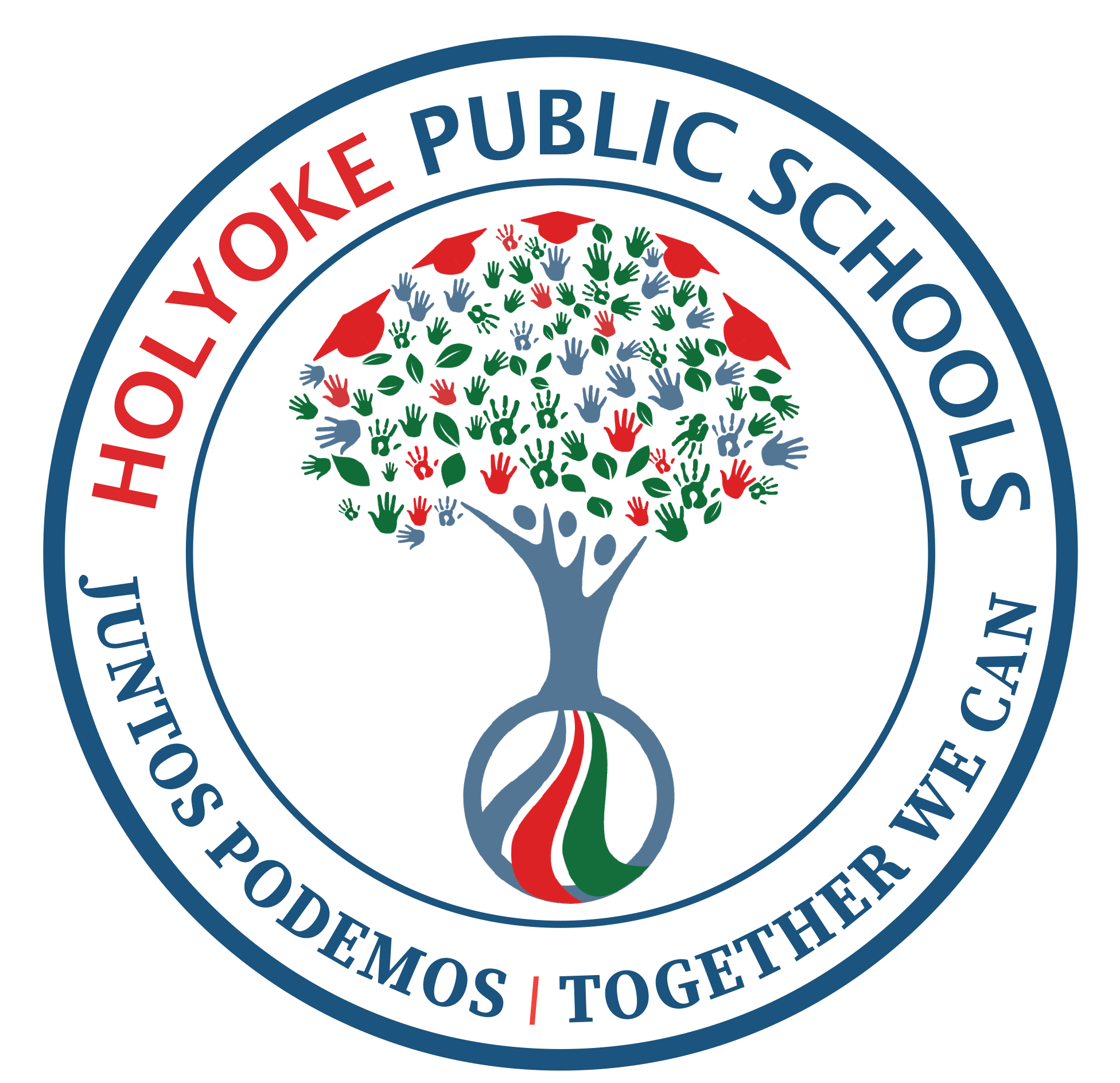This year, 25 local families will have Thanksgiving dinners with all the fixings—turkey, stuffing, corn, potatoes, mac and cheese, dessert, and more—courtesy of Dean students, staff, and supportive community members.
Throughout November, English language development teacher Lulu Ekiert and Family and Community Engagement Coordinator Melissa Bonilla worked together to organize event logistics: Reaching out to families, determining quantities needed, coordinating student volunteers and staff donations, hitting the grocery store, boxing the meals, scheduling deliveries, and more.
“It’s a lot of work,” said Teacher Lulu, “but it feels good to do good. It’s been great for student’s mental health and social-emotional learning.”
This initiative was spearheaded in prior years by STEM Academy’s former guidance counselor Corrine Moguel, who is now director of Transitions Academy. Since its inception, the initiative has grown. While this is Teacher Lulu’s first year leading the efforts, the undertaking was supported by more than 100 individuals working together—with much of the credit going to Dean students. This year’s efforts brought holiday meals to 25 families ranging in size from two to nine people, including some newcomers to the United States who are celebrating their first Thanksgiving.
Menu items came from a number of sources: Donations from Dean and STEM staff and students, HPS administrators, Sodexo, and a shopping trip coordinated by Teacher Lulu using donated funds. In the days leading up to meal distribution, the culinary department at Dean stored all 25 turkeys in a classroom walk-in freezer
More than 50 student volunteers worked on the project at various points, with an after school community service club doing most of the physical organizing of the donations and tracking progress. Students in grades 9 and 10 helped take the project over the finish line, packing boxes and serving as “quality control” on the Monday and Tuesday before Thanksgiving, making sure each box included the correct number of portions for the number of family members at the table.
Students worked together, assessing each box’s needs and asking questions—“Is this enough mac and cheese for a family of five?” or “Does this box have everything to make brownies?”—before marking the box complete.
Putting together these boxes, which included several Halal meals, provided a cultural learning opportunity for students who may not have considered such needs before.
“The students have been so engaged,” said Teacher Lulu, explaining that this year students in grade ten were assigned to write essays in English class about food insecurity—which really stuck with them.
“When young people discover that there is a problem, and a problem in their community, or maybe even a problem at home, it can be startling. This project gives students the chance to feel empowered and take action to do good and feel good. Students get to embody agency and the power of collective action. Instead of getting stuck on an issue, or pushing past it like it’s not there they are doing something about it. Its not easy to have faith that people will help, but it’s important for the students to see that there are helpers in the world and that it feels amazing to be one of the helpers.”

